The Importance of Choosing the Right Valve Supplier for Industrial Applications
Valves are indispensable components within industrial processes, performing a crucial role in ensuring the efficient and safe operation of various systems. They control the flow of liquids, gases, and slurries, regulating the movement of substances through pipelines and machinery. To grasp the significance of valves in industrial settings, consider the following key points:
Flow Control: Valves allow precise control of the rate, pressure, and direction of fluid or gas flow, contributing to operational efficiency and safety.
Process Optimization: They help maintain ideal conditions within a system, ensuring that temperatures, pressures, and levels are within specified parameters.
Safety: Valves serve as essential safety devices, capable of isolating sections of a system in case of emergencies, preventing potential disasters.
Material Compatibility: Valves are designed to withstand various fluids and corrosive substances, making them adaptable for a wide range of applications.
Reliability: Quality valves minimize downtime, reduce maintenance costs, and enhance overall system performance.
Energy Efficiency: Properly selected and maintained valves can significantly improve energy efficiency by reducing wasteful leaks and inefficiencies.
Regulatory Compliance: Valves help industries adhere to environmental and safety regulations, ensuring responsible operations.
Valves are the lifelines of industrial processes, and choosing the right valve supplier is paramount to ensuring the continued success of your operations. Whether it's for managing a delicate chemical process or controlling the flow of steam in a power plant, the role of valves cannot be overstated.
Impact of Valve Selection on Operational Efficiency and Safety
The choice of appropriate valves in industrial processes has a significant impact on operational efficiency and safety. Proper valve selection can enhance performance, minimize downtime, and ensure the well-being of both personnel and equipment. Here's a brief overview of the key factors to consider:
Flow Control: The right valve type must be chosen to accurately control the flow of liquids or gases within the system, preventing wastage and maintaining operational efficiency.
Material Selection: Valves should be constructed from materials compatible with the substances they will handle to prevent corrosion or contamination, reducing safety risks.
Pressure and Temperature: Matching valves to the specific pressure and temperature conditions is crucial for maintaining system integrity and safety.
Maintenance and Reliability: Regular maintenance and selecting reliable valves are crucial to prevent leaks and disruptions in operation.
Safety Features: The inclusion of safety features, such as fail-safes or emergency shutdown capabilities, can mitigate risks and protect against accidents.
Energy Efficiency: Optimizing valve selection can lead to energy savings, reducing operational costs.
Selecting the right valve supplier is paramount in achieving these goals. A trusted valve supplier can provide expert guidance, quality products, and ongoing support, ensuring that the chosen valves meet the requirements of the system, enhance efficiency, and bolster safety protocols.
Quality Assurance: Ensuring Reliability in Valve Procurement
In the complex world of industrial processes, the reliability of valves is paramount. These critical components play a pivotal role in controlling the flow of liquids, gases, and other substances within various systems. To ensure seamless operations and mitigate potential risks, it's essential to prioritize quality assurance when procuring valves from your chosen valve supplier.
Supplier Reputation:
Research the background and track record of your valve supplier.
Seek out referrals and reviews from industry peers to gauge their reputation.
Material Quality:
Verify that the valves are constructed from durable, corrosion-resistant materials.
Confirm compliance with industry standards and regulations.
Testing and Certification:
Ensure that the valves undergo rigorous testing and quality control processes.
Request relevant certifications to validate their reliability and performance.
Customization Capabilities:
Assess the supplier's ability to tailor valves to your specific needs.
Customization ensures a perfect fit for your system's requirements.
On-time Delivery:
Timely delivery is crucial for minimizing downtime and maintaining operations.
Establish clear delivery timelines and penalties for delays.
By prioritizing quality assurance in valve procurement, you can trust that your chosen valve supplier is committed to providing reliable, high-quality products that meet your industrial needs. This proactive approach safeguards your operations and ensures optimal system performance.
Customization Options for Tailored Industrial Valve Solutions
In the industrial sector, the need for reliable and efficient valve solutions is paramount. Companies across various industries, from petrochemical to manufacturing, require tailored valve solutions that meet their specific requirements. Customization options play a pivotal role in addressing these unique needs. Here's a quick overview of how customization can benefit your industrial valve solutions:
Precise Sizing: Customization allows you to select the right valve size to match your system's flow requirements, ensuring optimal performance.
Material Selection: Tailoring valve materials to suit the application's environment, whether corrosive or high-temperature, extends the valve's lifespan.
Pressure and Temperature Ratings: Custom solutions can be engineered to handle extreme pressure and temperature conditions, providing peace of mind.
Flow Control: Fine-tune your valves for precise flow control, critical in processes where consistency is essential.
Actuation Methods: Choose the actuation method that best suits your operations, be it manual, electric, or pneumatic.
End Connections: Customizing end connections ensures seamless integration into your existing system.
Special Features: Include additional features such as noise reduction, cavitation control, or fail-safe mechanisms for added safety and efficiency.
When it comes to tailored industrial valve solutions, partnering with the right valve supplier is essential. They can guide you through the customization process, ensuring that your valves are perfectly suited to your specific needs. Choosing a trusted valve supplier is the first step in achieving efficiency, reliability, and cost-effectiveness in your industrial operations.
The Cost-Benefit Analysis of Selecting the Right Valve Supplier
Selecting the right valve supplier is a critical decision for businesses across various industries, as it can significantly impact operational efficiency, safety, and ultimately, the bottom line. Conducting a comprehensive cost-benefit analysis is essential to make an informed choice. Here are key considerations and benefits:
Quality Assurance: A reputable valve supplier ensures product quality, reducing the risk of malfunctions and costly downtime.
Product Range: A diverse product catalog allows businesses to choose valves tailored to their specific needs, potentially saving money by avoiding over-engineering.
Cost-Effective Solutions: A reliable valve supplier offers competitive pricing, allowing companies to maintain cost-effectiveness in their operations.
Lead Times: Timely delivery minimizes production delays, leading to increased revenue and customer satisfaction.
Technical Support: Suppliers that offer expert technical support can reduce maintenance costs and improve the longevity of valve systems.
Certifications: Suppliers with necessary certifications ensure compliance with industry standards, reducing the risk of regulatory fines.
Inventory Management: Just-in-time inventory services can reduce carrying costs and free up capital.
Long-Term Relationships: Building a strong partnership with the right valve supplier can lead to future cost savings through negotiated contracts and improved terms.
In summary, the decision to partner with a reliable valve supplier is pivotal to a business's success. A well-considered cost-benefit analysis ensures that the selected supplier aligns with your unique requirements, ultimately resulting in a more efficient and cost-effective operation.
Environmental and Regulatory Compliance in Valve Procurement
In today's rapidly evolving industrial landscape, environmental and regulatory compliance play a pivotal role in valve procurement. Ensuring that your valve supplier adheres to these critical standards is not only a legal requirement but also a fundamental step towards sustainable and responsible business practices. Here are key points to consider:
Legislative Requirements: Prioritize valve suppliers who are well-versed in the local, national, and international regulations governing the manufacturing and use of valves. Compliance with laws like the Clean Air Act, Safe Drinking Water Act, and ISO standards is essential.
Material Selection: Opt for valve suppliers who use eco-friendly materials and provide documentation for material traceability. This helps reduce environmental impact and ensures product safety.
Energy Efficiency: Select valves designed for maximum energy efficiency. These not only reduce operational costs but also contribute to a greener, more sustainable future.
Waste Reduction: Evaluate suppliers on their waste management practices. Choosing suppliers with effective waste reduction strategies can minimize the environmental footprint of valve production.
Quality Assurance: Verify that your valve supplier maintains rigorous quality control processes to meet regulatory standards. A commitment to quality ensures product reliability and safety.
By focusing on environmental and regulatory compliance in valve procurement, you not only mitigate potential risks but also demonstrate your dedication to responsible and sustainable operations. Make sure your chosen valve supplier aligns with your commitment to these critical principles.

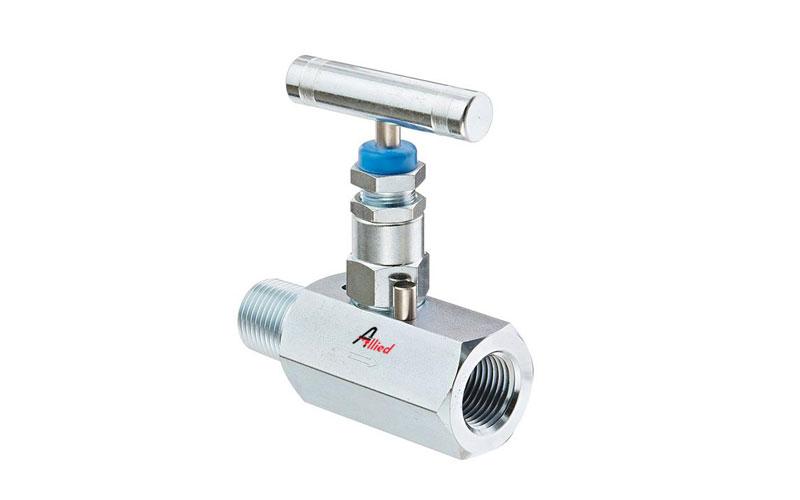



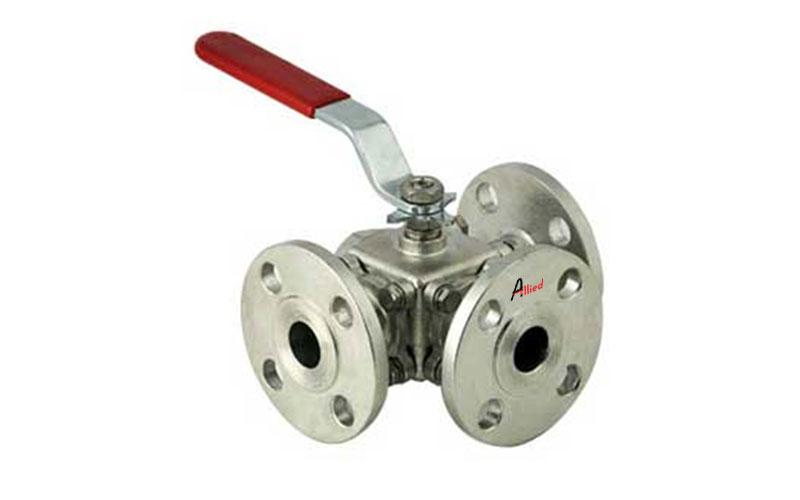
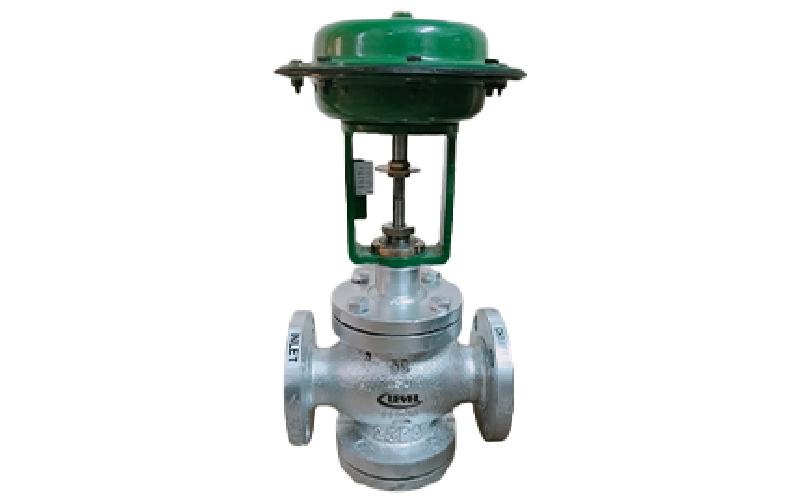
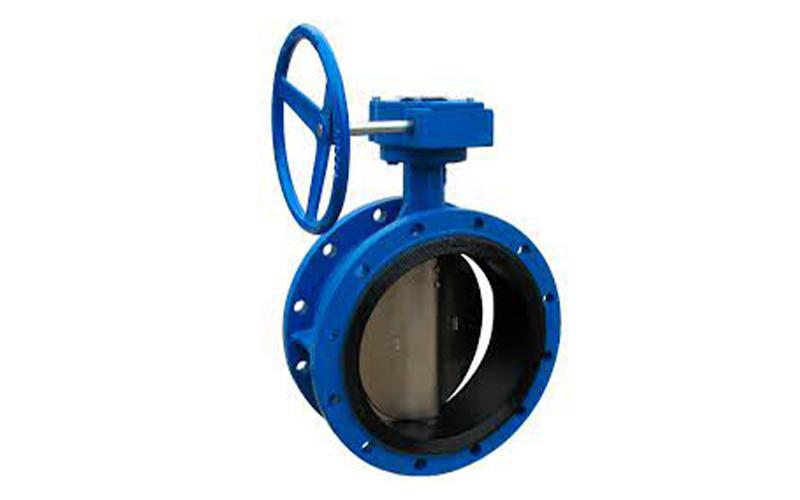
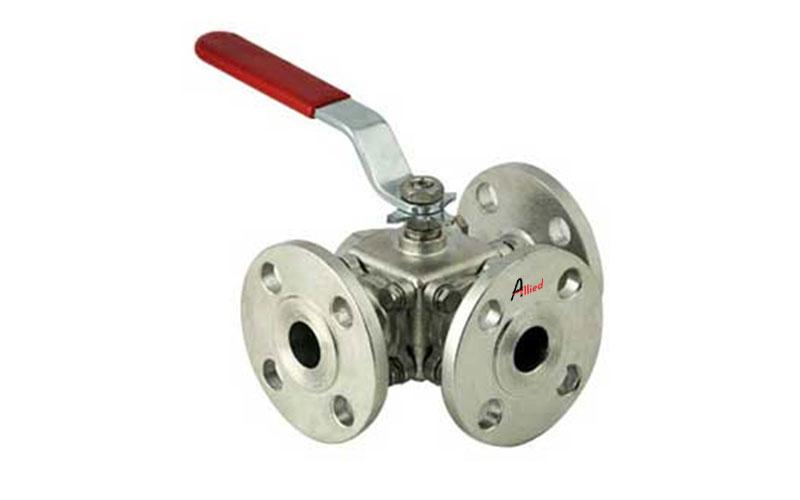
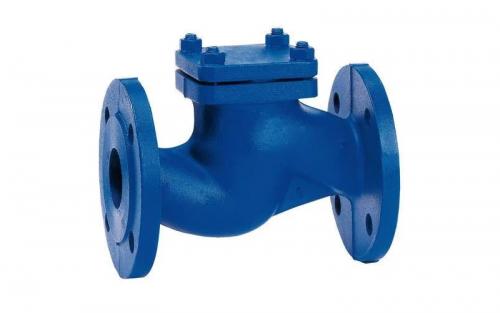
Comments